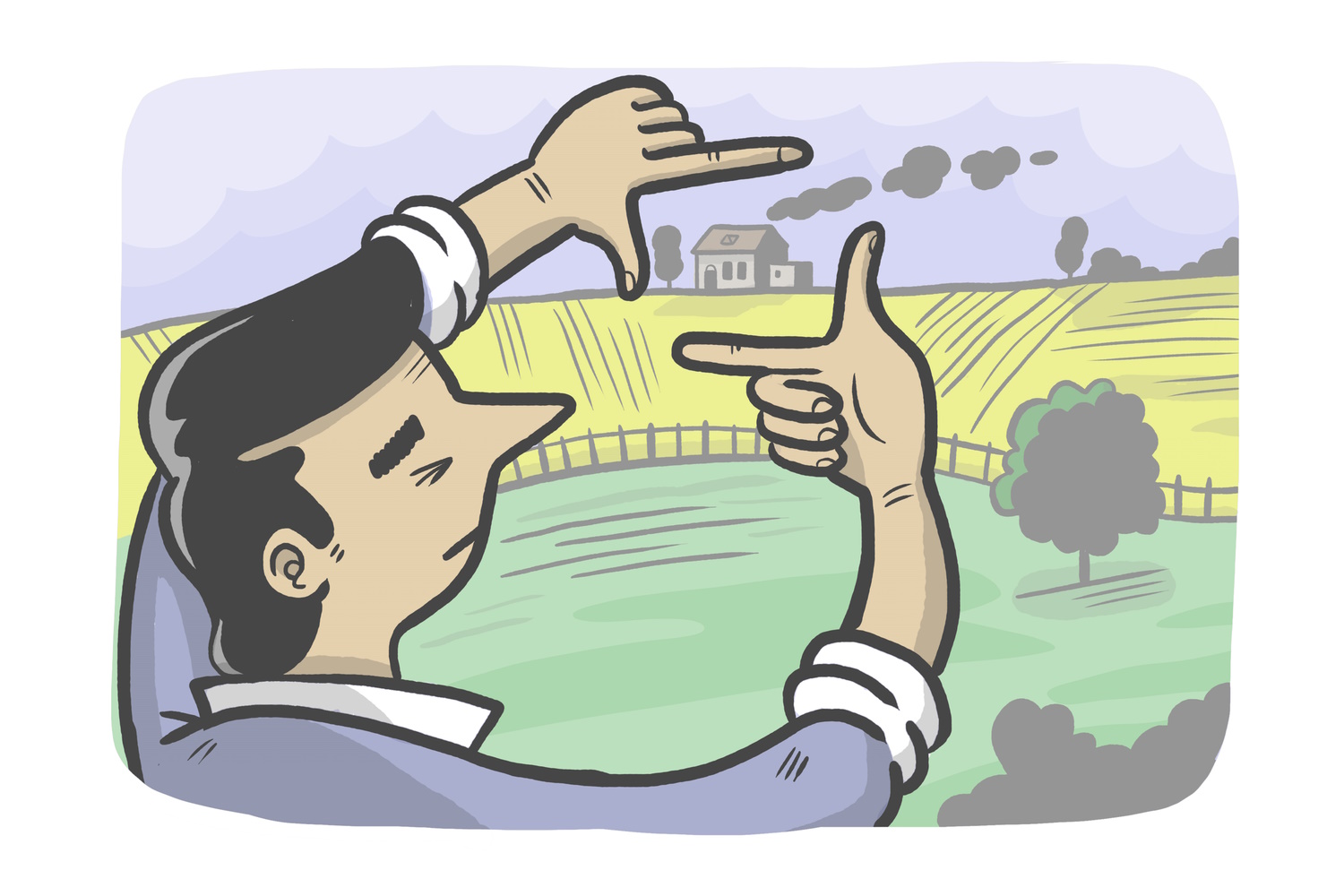
Perspectives matter
We are all different and we see the world differently.
How many conversations have you had that deteriorated to (a version of):
“Yes, it is!” “No, it isn’t!” …?
Even with people in our own team – surely, we all have the same goals and see the world in the same way? No.
Some want to reduce costs; others want to increase revenue. Some think a team-building weekend is a great idea, others think it’s a waste of time.
People literally see the world differently because their brains work differently. Some saw that dress (remember that dress?) as black and blue, some saw it as gold and white. They weren’t just imagining things, it really looked like different colours to different people.
How is it that we look at exactly the same situation, and we see completely different realities?
Reality is subjective
We are all different. Reality is not what IT is, reality is what YOU are. It is subjective.
And the brain is driving this.
Not only will our brain automatically make predictions about the world around us, based on our past experiences, for example perceiving threats from things that have scared us in the past, but it will also make judgements and decisions about the appropriateness of certain actions or reactions based on our own perspective.
We all have a different viewpoint or frame of reference. Yours is different from other people’s because you have a different set of beliefs, values, needs, education, culture (family, company or national culture) than those around you. So many things combine to make you unique – your personality, your upbringing with its own set of individual moral influences and of course your own experiences – these are ALL exclusive to you. It is the combination of all of those things that influence how your brain views the world.
Everything that aligns with your frame of reference feels good – all is as you expect it to be. It feels comfortable and it feels right. Anything that’s outside that frame of reference is interpreted by the brain as not good. It’s bad or boring, alien, scary or hard to understand, and it just feels wrong. You might not even see the things that don’t fit in your brain’s understanding and mapping of the world.
So how can we work together, collaborate and co-create, when your world is so different from others’?
Listen to understand
As the world is more and more divided, we need to work a little harder to build bridges from our own world to others. It may not be easy to do this. The easy thing is to stick with our own views and shut ourselves off to others viewpoints. But if we are to work together and produce great results together, we may need to put in a little extra effort. Here are some ideas how:
- Find overlaps in your frames of reference, find out what you have in common with others and build your alignment from there.
- Have empathy and metaphorically walk in their shoes. To do this you may need to step out of your own frame of reference – at least temporarily – and see what the other person’s world is like. What experiences have created their world view.
- Be curious about what goes on in others’ frame of reference. Not to convince or win but to understand.
Perhaps a summary of all of that is: we need to be interested to be interesting. Unless you understand what goes on in others’ frames of reference and WHY they have the opinion they have, it’s going to be very hard to collaborate.
And in order to do that effectively we need to listen to understand.